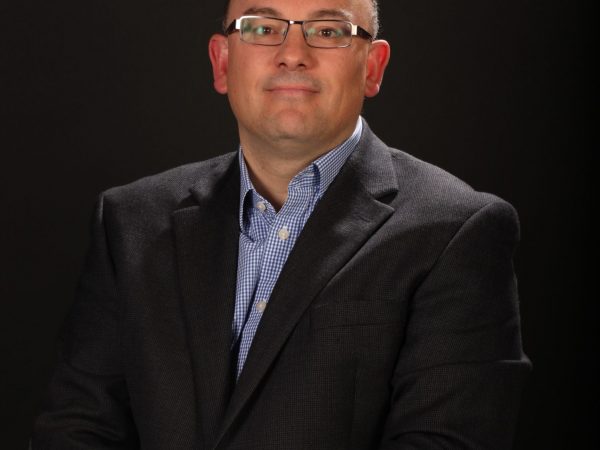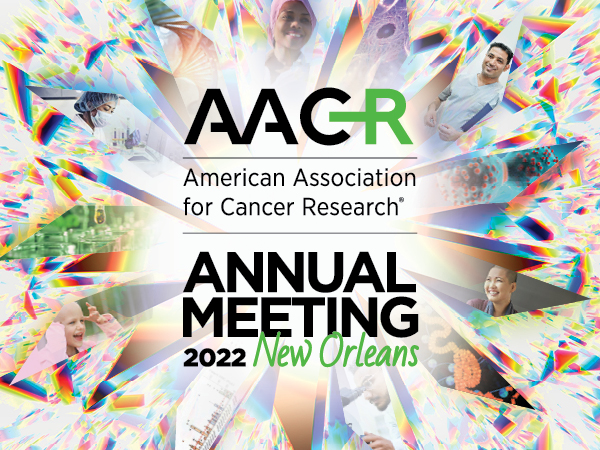SABCS 2016: World’s Largest Breast Cancer Meeting Draws to a Close
This post first appeared on the Cancer Today website.
Attendees gathered firsthand information on all things breast cancer during the five-day San Antonio Breast Cancer Symposium, which showcased the latest developments in breast cancer research.

The crowd listens to a speaker at the San Antonio Breast Cancer Symposium, which brought together more than 7,500 physicians, researchers, patient advocates and health care professionals. Photo by MedMeetingImages/ Todd Buchanan 2016.
“I enjoyed the robust scientific discussions, I learned what works and what doesn’t work, and I look forward to sharing all of this information with the community I work with,” says Elizabeth Klaes, a breast cancer survivor and patient advocate who traveled from Australia to attend the symposium. “Most importantly, I enjoyed interacting with my fellow patient advocates. I’m amazed by the stories of these strong, clear-thinking women.”
We hope the studies we covered from San Antonio were interesting and useful. Here are some of the other important studies discussed at the conference:
- Several years ago, the placebo-controlled, randomized IBIS-I trial showed that five years of tamoxifen could decrease the risk of breast cancer in women at high risk of developing the disease. However, at this year’s SABCS, researchers reported that menopausal symptoms such as nausea, vomiting and headaches were associated with nonadherence among women in the trial who took placebo as well as those who took tamoxifen. The investigators found that women attributed naturally occurring menopausal symptoms to medication.
- Data from the PrECOG 0102 phase II clinical trial showed that adding the mTOR inhibitor everolimus (Afinitor) to the endocrine therapeutic fulvestrant (Faslodex) more than doubled progression-free survival in patients with metastatic hormone receptor (HR)-positive, HER2-negative breast cancer resistant to aromatase inhibitor therapy. The investigators caution that larger studies are needed to confirm these results before this treatment regimen could become the standard of care for these patients.
- In the phase III clinical trial TEAM IIB, the bisphosphonate ibandronate (Boniva), when combined with adjuvant hormone therapy, did not improve disease-free survival in postmenopausal women with hormone receptor (HR)-positive early-stage breast cancer. The investigators, however, add that there was a favorable trend and that a longer follow-up may provide definitive evidence of benefit to this patient population.
- In SCALP, a prospective, randomized trial, researchers evaluated the Orbis Paxman Hair Loss Prevention System (OPHLPS) designed to prevent hair loss by cooling the scalp in patients receiving chemotherapy. Data showed that the system was safe and effective in more than half of the breast cancer patients in the study. The manufacturers are now seeking clearance from the U.S. Food and Drug Administration (FDA) for their system. In December 2015, the FDA gave clearance to a scalp-cooling system made by Dignitana Inc., called DigniCap.
- An artificial-intelligence platform called Watson for Oncology (WFO), developed by IBM in collaboration with Memorial Sloan Kettering Cancer Center, was tested in a group of cancer centers in India and was found to have a high degree of agreement with the treatment recommendations made by a panel of oncologists in a double-blind study. WFO is a computing system that can extract and assess large amounts of data from medical records to provide cancer treatment options.

The San Antonio Breast Cancer Symposium features the latest research on breast cancer treatment and prevention. Photo by MedMeetingImages/Todd Buchanan 2016.
Research advocate Robin Karlin, of Pittsburgh, attended SABCS hoping to learn more about the science of breast cancer and become a better-informed advocate. “I feel we need to put much more effort and resources toward research and better treatment,” she says.
Karlin calls herself a “previvor.” The software engineer found out in 2011 that she had a BRCA1 mutation and underwent prophylactic mastectomies. Karlin advocates for breast cancer research because she believes “cutting out healthy body parts is a very unsatisfactory answer for women facing hereditary cancer.”
Sueann Mark, a breast cancer nurse navigator from San Francisco, agrees. “I think we need more funding for research into metastatic disease and primary prevention. I would like to see more attention paid to the collateral damage caused by cancer treatments,” Mark says. “I am excited to see the growth of targeted therapies and gains in understanding how tumor biology can guide treatment and improve outcomes.”
For further discussion of some of the research presented at SABCS this year, see our Facebook Live session featuring SABCS Co-chairs Carlos Arteaga, MD, Virginia Kaklamani, MD DSc, and Kent Osborne, MD.
https://www.facebook.com/aacr.org/videos/10154865544898631/




Nice Blog! The information you have provided is incredibly detailed and insightful. We appreciate you sharing this important bit of information with us.